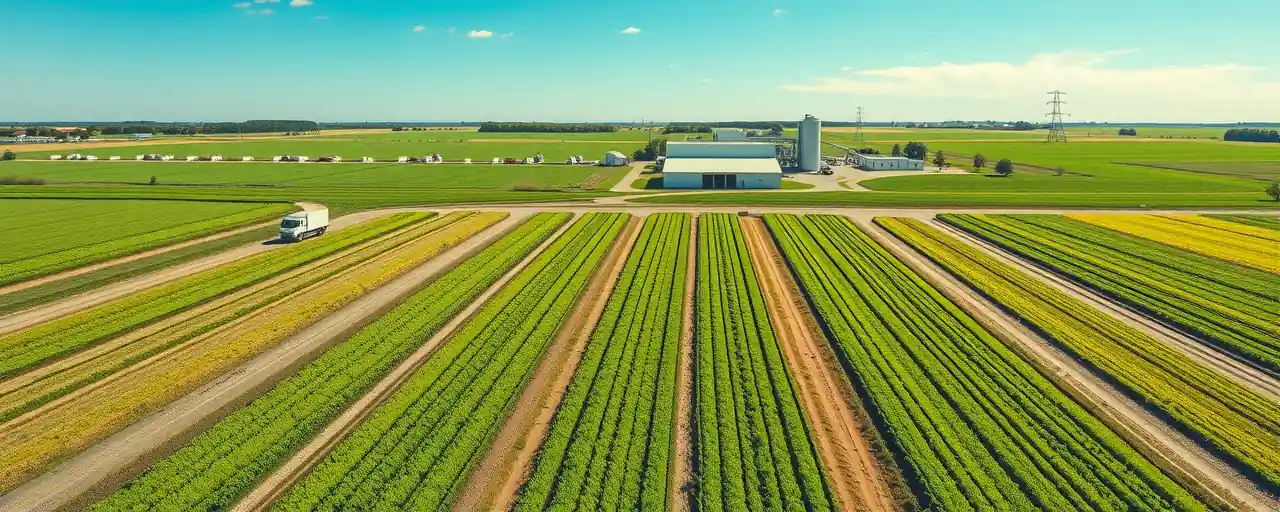A Victory for American Food Security
The U.S. Department of Agriculture has taken a decisive step to protect our food supply. Secretary Brooke Rollins announced a $14.5 million funding boost for state meat and poultry inspection programs, ensuring that American families can trust the safety of their groceries while supporting the farmers who feed us. This move delivers on a promise to prioritize practical solutions over bureaucratic overreach, keeping our food system strong and accessible.
For years, state inspection programs have struggled with declining federal support, putting small and medium-sized processors at risk. Without these inspections, meat and poultry can’t reach markets, leaving farmers in the lurch and driving up prices for consumers. The USDA’s action restores confidence in our food supply chain, proving that government can work effectively when it focuses on real-world needs.
This funding reflects a deep commitment to American agriculture. It strengthens the partnership between states and the federal government, ensuring that safe, homegrown products make it to dinner tables nationwide. It’s a policy that values the people who grow our food and the families who rely on it.
Why State Programs Make the Difference
State meat and poultry inspection programs are critical to a resilient food system. Operating in 27 states, these programs uphold rigorous safety standards, enabling small and medium-sized processors to compete in local markets. The USDA’s $14.5 million investment restores the federal commitment to cover half of state inspection costs, addressing years of underfunding that saw reimbursement rates dip to 42 percent in some states.
This support directly benefits farmers and rural communities. In Iowa, state-inspected meat lockers expand market access, as Secretary Mike Naig has noted, driving economic growth. In Oklahoma, Secretary Blayne Arthur praised the USDA for bolstering rural economies through these partnerships. These programs keep food production local, create jobs, and reduce reliance on distant supply chains.
Centralized federal inspections, while important, often fail to account for the unique needs of smaller operations. State programs offer flexibility and local expertise, allowing producers to meet high standards without drowning in red tape. The USDA’s funding ensures that these programs thrive, balancing safety with opportunity.
Debunking Misguided Alternatives
Some argue that federal inspections alone could streamline the process, dismissing state programs as redundant. This perspective overlooks the value of local knowledge and agility. Federal oversight, while necessary, can impose rigid rules that burden small processors, stifling innovation and market access. State programs, supported by federal funds, deliver tailored solutions that keep rural economies vibrant.
Others advocate redirecting funds to broader food safety initiatives, such as expanded FDA surveillance. These proposals, though well-intentioned, often prioritize urban markets and complex regulations over the needs of rural producers. The USDA’s focused investment ensures that resources go where they’re needed most: to state inspectors who work directly with farmers to maintain safety and market access.
The numbers tell the story. The 2022 USDA Agricultural Census reported a 16 percent increase in direct-to-consumer farm sales, reaching $3.26 billion. State inspection programs fuel this growth by enabling small producers to reach consumers efficiently. Dismissing these programs would undermine a thriving sector of American agriculture.
Building a Stronger Future
This funding is a critical step, but it’s not the finish line. Secretary Rollins and President Trump have urged Congress to secure long-term support for state inspection programs in the 2026 budget. This vision aligns with efforts like the New Markets for State-Inspected Meat and Poultry Act, which would allow state-inspected products to cross state lines, opening new opportunities for producers.
Why should this matter to you? A strong food supply chain means affordable prices, diverse choices, and thriving communities. When small farmers and processors succeed, they reinvest in local economies, creating a ripple effect that benefits us all. The USDA’s commitment shows that government can deliver results when it respects the needs of its people.
This is about preserving the heart of American agriculture. By investing in state inspections, we ensure that our food system remains safe, abundant, and rooted in our communities. Congress must act to make this funding permanent, securing a future where American farmers and families thrive together.
